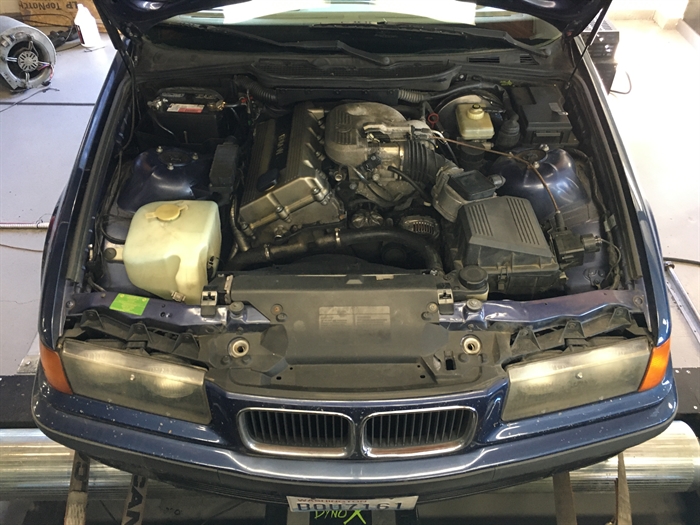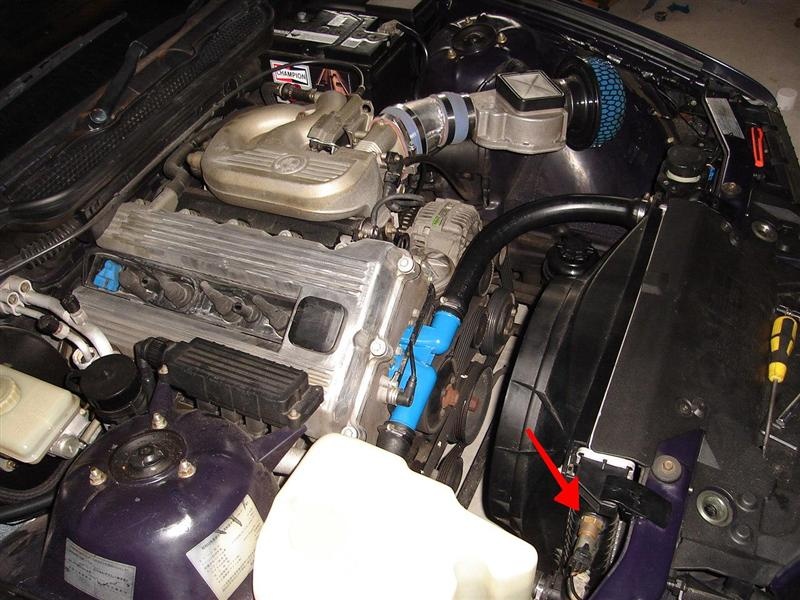BMW 318ti: Where to Find the most effective Offers on Parts and Add-on
BMW 318ti: Where to Find the most effective Offers on Parts and Add-on
Blog Article
Vital Factors To Consider for Picking the Best Engine for Your Demands
In the world of picking the excellent engine to meet your demands, a number of essential elements demand careful factor to consider to guarantee ideal performance and effectiveness. From the nuanced balance in between power and performance to the often-overlooked facets of maintenance and service demands, each element plays a critical role in identifying the most suitable engine for your details requirements.
Power and Efficiency
When assessing engines for ideal performance, it is important to prioritize both power result and efficiency. Power output measures the ability of an engine to produce energy, which directly influences its performance. A high power output is vital for demanding jobs such as high-speed demands or sturdy applications. It ensures that the engine can manage the work successfully and successfully. Power alone is not sufficient; performance plays a significant function in establishing the general efficiency of an engine. Efficiency refers to how well the engine transforms fuel right into useful power. A more efficient engine will certainly deliver better mileage, lower emissions, and minimized operating costs. Striking the ideal equilibrium between power outcome and efficiency is essential to picking an engine that satisfies your details demands. When making this choice, it is vital to think about variables such as the intended usage of the engine, ecological effect, and lasting price ramifications. By meticulously evaluating both power and effectiveness, you can select an engine that provides ideal performance and satisfies your demands successfully.
Fuel Performance and Economic Climate
Fuel performance refers to the engine's capacity to convert gas right into power with very little waste, straight impacting operating prices and environmental sustainability. Engines with greater gas effectiveness not just reduce fuel expenses yet additionally reduce carbon emissions, contributing to a greener operation.

Compatibility and Application
Considering the fuel performance and economy of an engine, the following crucial element to address is its compatibility and application within certain functional contexts. Compatibility refers to just how well the engine integrates with the general system or tools it powers.
In addition, the application of the engine is just as important. Various engines are designed for particular functions, whether it be commercial equipment, aquatic vessels, automobiles, or power generators. Comprehending the designated application enables the choice of an engine that can provide the needed power result, torque, and functional characteristics. For example, a high-revving engine created for efficiency cars and trucks would certainly not appropriate for durable building devices that calls for high torque at reduced speeds.
Upkeep and Service Demands
Upkeep and service requirements play a vital role in making sure the long life and optimal performance of an Learn More engine. Routine upkeep is vital to avoid failures, extend the lifespan of the engine, and preserve its effectiveness. When picking an engine, it is necessary to consider the producer's suggested upkeep timetable and the availability of service centers or qualified specialists.
Aspects such as the regularity of oil modifications, filter substitutes, and total inspections can considerably affect the engine's performance. Some engines may need more constant servicing based on their style and use, while others might have longer intervals between maintenance checks. It is important to follow these service requirements to avoid costly repairs and unexpected downtime.
Price and Budget Plan Factors To Consider
Budget plan restrictions typically play a considerable role in the decision-making procedure when choosing an engine for a particular application. When considering the price and budget effects of choosing an engine, it is essential to examine not only the first purchase cost but likewise the lasting costs connected with maintenance, gas consumption, and possible upgrades or repairs. It is vital to strike a balance between the in advance cost of the engine and its general lifecycle costs to guarantee that the picked engine remains economically lasting throughout its operational life expectancy.
Variables such as fuel performance, integrity, and sturdiness can straight influence the complete price of ownership of an engine. While a much more costly engine might have greater in advance prices, it can possibly cause reduced upkeep and fuel expenses over time, thus providing much better value over time. Furthermore, thinking about the schedule and price of extra Home Page components, in addition to the simplicity of maintenance and service, can aid stop unforeseen monetary stress in the future. By meticulously reviewing these price and budget considerations, you can make an informed choice that straightens with your economic restrictions and operational requirements.
Verdict

Fuel efficiency refers to the engine's capability to transform fuel into power with marginal waste, directly influencing operating expenses and ecological sustainability.Factors influencing fuel effectiveness consist of engine design, combustion performance, and overall performance optimization. Additionally, choosing the appropriate fuel kind and grade as advised by the engine supplier can better boost efficiency and prolong engine life-span.
Engines with good service features and conveniently offered parts can minimize upkeep costs and minimize the time the engine is out of operation - bmw 318ti. It is essential to strike a balance in between the upfront price of the engine and its total lifecycle prices to guarantee that the selected engine continues to be economically lasting throughout its operational life-span
Report this page